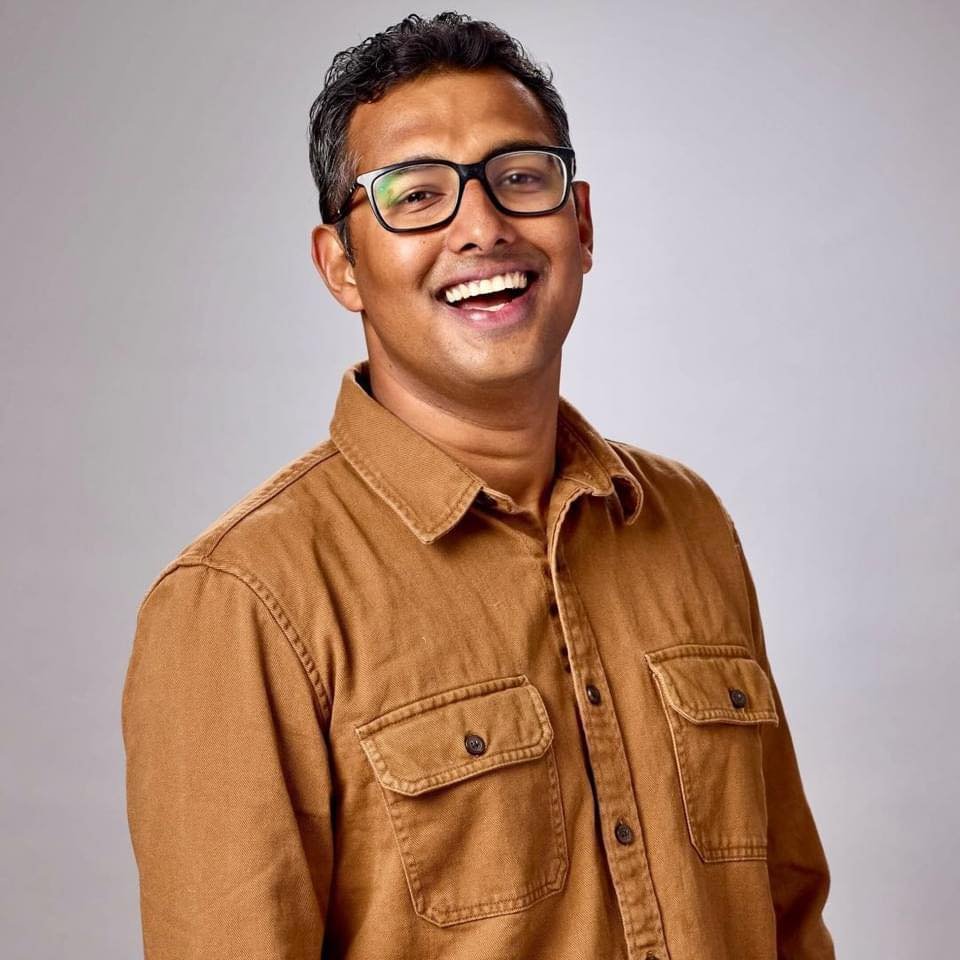


For centuries, Dhaka’s mosques have been centers of community and resilience, preserving traditions and offering solace. But in a rapidly evolving world, can they do more? Can they equip our youth with the tools to shape the future?
Historically, the answer has been yes. The world’s greatest civilizations thrived when places of worship doubled as centers of learning and progress. Al-Qarawiyyin in Morocco and Al-Azhar in Egypt weren’t just places of prayer; they were incubators of knowledge—producing scholars, innovators, and entrepreneurs.
Revolutions don’t just dismantle the past—they shape the future. The July Uprising proved that Bangladeshis can defy the odds and rewrite history. The next step is transformation—not just in governance but in the institutions that drive opportunity.
At UBUI, we believe one of the most powerful yet underutilized assets in Bangladesh is the mosque. If we are serious about building a resilient, economically empowered country, we must reimagine them as hubs of skill development and progress—while thoughtfully addressing challenges such as scalability, quality control, and community adaptation.
This isn’t about replacing traditions—it’s about ensuring that when young Bangladeshis step into a mosque, they leave with practical skills to build their future.

IT Training Labs
A village boy learns to code in his local mosque. Within a year, he’s freelancing on global platforms, earning in dollars, and supporting his family. The mosque becomes his launchpad into the digital economy.
Challenge: Ensuring access to qualified instructors and consistent training quality will be key, requiring partnerships with universities and tech firms.
Arabic Language Courses
A youth in Chittagong masters Arabic through evening classes. A year later, he secures a high-paying job in Dubai, tripling his family’s income. With over 10 million Bangladeshi workers in the Gulf, language proficiency can be the difference between a low-wage job and a high-income career.
Religious Consideration: Language learning aligns with Islamic values of knowledge-seeking and self-betterment, reinforcing the idea that economic mobility strengthens the community.
Entrepreneurship Workshops
Mosques become incubators for ideas. Young minds gather to discuss business models, receive mentorship, and access funding. Imagine a mosque-backed startup ecosystem—one that creates jobs, builds businesses, and fuels innovation.
Measuring Success: Beyond job creation, business survival rates, revenue growth, and the number of successful entrepreneurs will be key indicators of long-term impact.
Community Hubs & Networking Events
After Friday prayers, industry leaders and young professionals connect, exchanging ideas and creating job opportunities. A built-in professional network, right in their own community.
Adapting to Change: Some traditionalists may resist change, so early buy-in from respected local leaders and Imams will be crucial to ensuring smooth adoption.
With 250,000 mosques across Bangladesh, the infrastructure already exists. The challenge is execution.

Projected Impact:
Projected Impact:
Projected Impact:
This isn’t just a social initiative—it’s an economic revolution waiting to happen.

At UBUI, our focus is on execution—turning vision into reality through strategy, scalability, and partnerships.
Developing the Strategic Framework
We will advise in designing a roadmap that ensures scalability and market alignment. This includes:
Creating a Sustainable Business Model
This isn’t charity—it’s an investment in human capital. UBUI will help to:
Forging Strategic Partnerships
We will assist in negotiations and collaborations with:
🔹 Tech Companies → Providing software, laptops, and digital training tools. Partnerships with companies like Microsoft, Google, and local startups can bring world-class training to every corner of Bangladesh.
🔹 Educational Institutions → Certifying training programs for credibility and recognition. Whether it’s BRAC University, BUET, or international e-learning platforms, certification will make skills globally competitive.
🔹 Philanthropic Organizations & Investors → Funding infrastructure and expansion. Impact investors and diaspora funding can transform these ideas into large-scale, self-sustaining programs.
The beauty of this initiative is its reach—mosques exist everywhere. Unlike universities or training centers, which require massive expansion, mosques already have the infrastructure. This means:
✔ Cost-effective scaling—minimal infrastructure investment required.
✔ Accessible to all—urban, rural, and coastal youth benefit equally.
✔ Women and marginalized communities can be included through dedicated programs.
✔ A sustainable income stream for Imams—by coordinating and overseeing training programs, Imams become key enablers of economic growth, ensuring long-term community impact and financial stability.
But success requires more than just vision. The training must be practical, job-oriented, and globally relevant. The community must believe in it. And most importantly, this must not be a top-down initiative—it must be owned and embraced by the people.
The numbers speak for themselves. $4-5 billion in additional income. Millions of youth trained. A nationwide network of skill hubs, built on existing infrastructure.
The world is changing rapidly. Bangladesh cannot afford to be left behind. The infrastructure is there. The youth are ready. The opportunities are vast. The missing piece is execution.
This is not just about economic growth—it’s about future-proofing Bangladesh. About ensuring that young people don’t just survive in the digital age, but thrive. About transforming what we already have into something extraordinary.

At UBUI, we don’t just talk about transformation—we drive it. Let’s build a Bangladesh where progress is within everyone’s reach. One mosque, one community, one opportunity at a time.
🚀 Join UBUI. Be the movement. Drive the transformation. 🇧🇩
🔎 Back story: This initiative gained massive traction after Shah Choudhury first shared it on his Facebook, sparking widespread engagement. Arafat Sultan later amplified it, bringing even more visibility. Together, the idea garnered over 2 million+ views, 50K+ likes, and 100+ shares, resonating not just with the youth of Bangladesh, but also with youth in Pakistan and Malaysia, highlighting the wider regional and Muslim world appeal of this vision for economic empowerment through mosques.
Contributors: Shah Choudhury, Arafat Sultan

Shah, a founding board director of UBUI, helps tech companies unlock top-line growth by shaping SaaS+AI monetization and growth strategies. With experience as a strategist, project manager, and engineer, he has worked across geographies in four Fortune 500 companies and at the renowned growth consultancy Simon Kucher. Currently, he serves as Director of Corporate Strategy at Salesforce. Shah is also a recognized thought leader in monetization and growth strategy, with 17,000+ followers on LinkedIn.

Arafat, based in Tokyo, is a product management leader specializing in scaling tech products globally, driving go-to-market success, and optimizing product growth strategies. Currently, he is a Product Manager at Money Forward, leading international expansion and product development. Previously, he held key roles at Monstarlab and Augmedix, focusing on product enhancement, process optimization, and market entry strategies. Arafat is also a recognized thought leader in product management and the Japanese tech scene, with 15,000+ followers on LinkedIn, where he shares insights on scaling products, market expansion, and SaaS growth strategies.